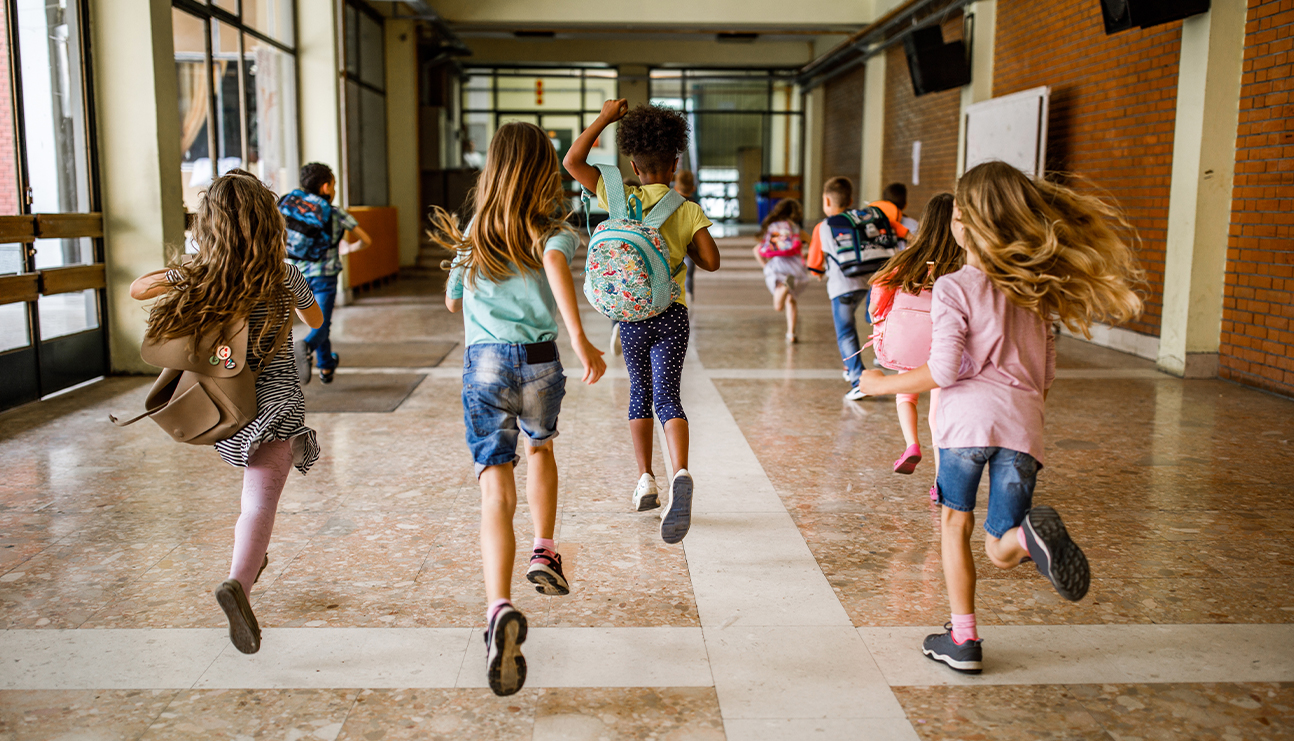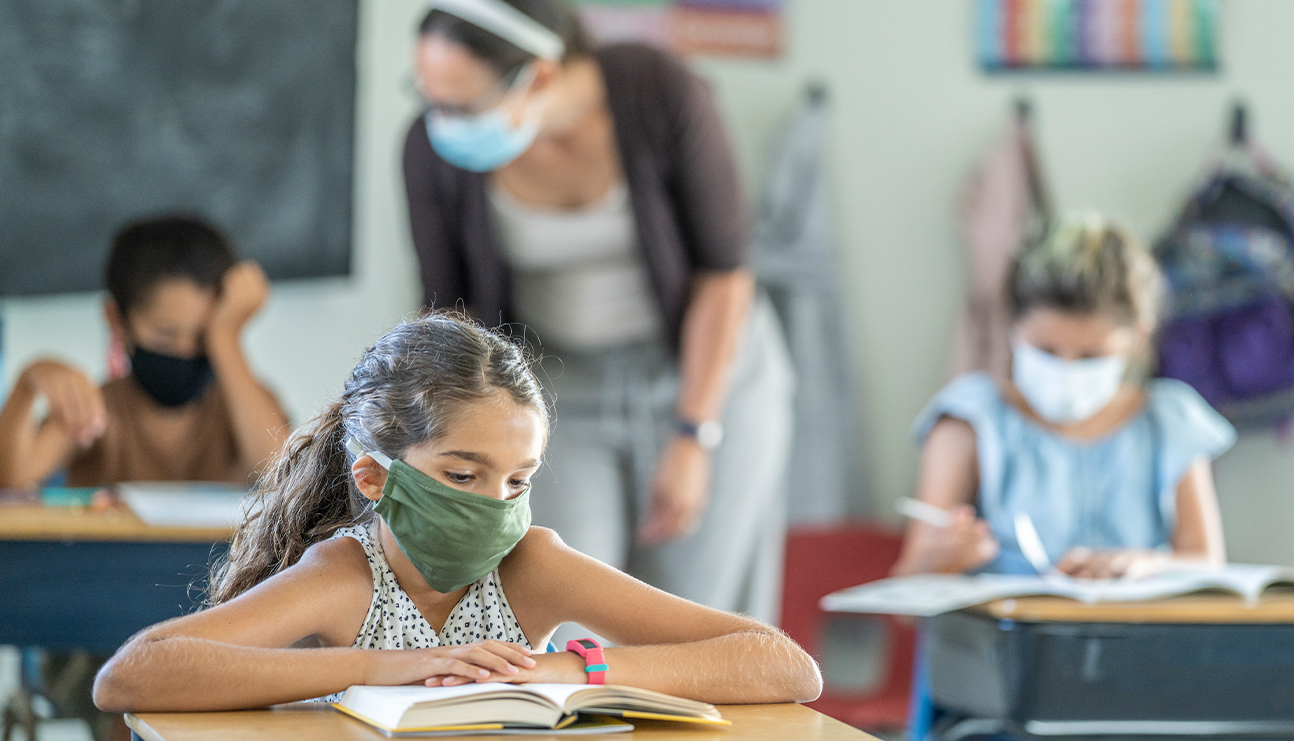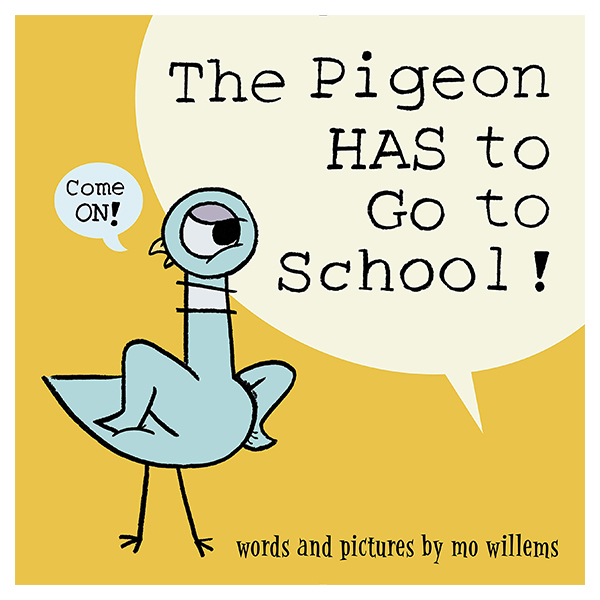7 Tips for How to Prepare for Back to School After COVID
Beth Ann Mayer
When schools shut down in March 2020, it was only supposed to be for a couple of weeks—but some kids haven’t returned to a classroom since. That will likely change this fall, and some children may be nervous. Experts share that it’s important for parents and children to learn how to prepare for back to school after COVID.
“Every kid has different coping mechanisms,” says Dr. Regine Muradian, a California-based clinical psychologist. “We have to be mindful of that as adults.”
Two mental health professionals gave tips on how to help your kid prepare for going back to school this year.
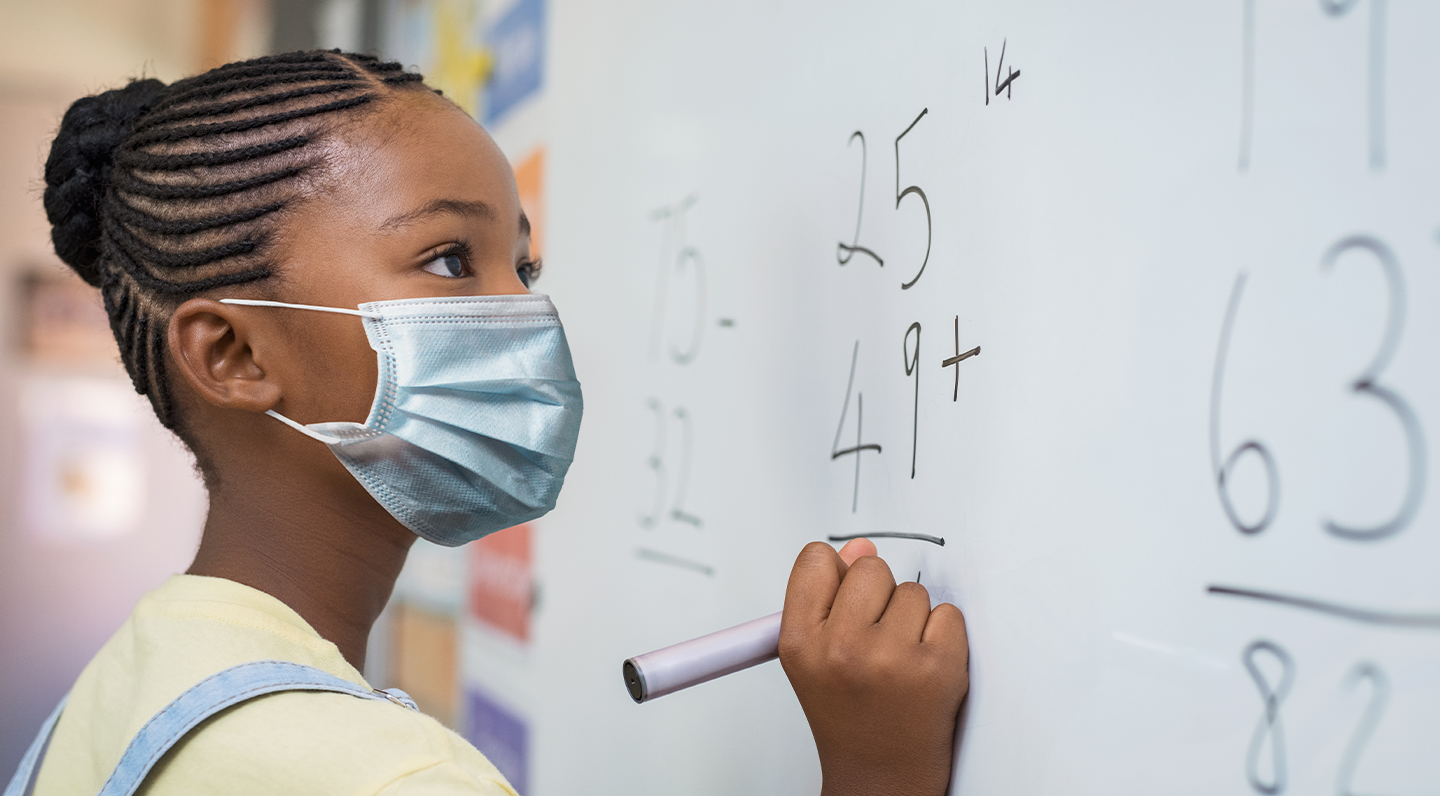

Normalize Their Feelings
Muradian says it’s tempting to tell a nervous child not to worry. But well-meaning statements like this can feel dismissive to a child and only make them more anxious.
“You’re usually scared of what you don’t know,” Dr. Muradian says. “If we normalize, explain, and help them understand what they are feeling [it can help].”
Dr. Muradian suggests saying, “I want you to step back and know it’s normal to feel this way.”
If your child is having a hard time opening up, Muradian recommends using an emoji chart. Have them point to the one that best represents their feelings.
Remember the Positive
Though you want to give your child space to express any emotion, it’s okay to remind them about things they love about school.
“Kids like going to school and seeing their friends, gym class, and the arts,” Dr. Desreen N. Dudley, PsyD, a licensed clinical psychologist with Teledoc and mama who helped her son transition back to part-time in-person instruction last fall. “[Say], ‘You’ll be able to do these things when you are in-person and see your friends after a whole year of not being able to socialize.’”
Remind Them of Other Challenges They’ve Overcome
The 2020-21 school year was difficult for many kids. Flipping a switch and having to readjust to in-person learning may pose another challenge. But it’s unlikely that it’s the first time they’ve ever had to show resilience. Muradian says reminding them of another time they’ve risen to the occasion, like acing a test they were nervous about, can build self-confidence.
Take Small Steps
Over the next few months, we’ll likely read and hear news of people hypothesizing whether we’ll have large COVID-19 outbreaks when the weather gets cooler or need booster shots. Older kids, in particular, may talk about these possibilities with friends or teachers, and it may only add to their worry about returning to in-person instruction.
Muradian suggests encouraging them to take things one day at a time.
“Say, ‘Let’s focus on today…Let’s not think about December,’” she recommends.
You may want to limit your family’s news intake, such as by waiting until they’re asleep to tune in.
“It’s good to be informed, but it doesn’t need to be watched in excess if it’s causing stress,” Dudleys says.
Come Up With Solutions for How to Prepare for Back to School After COVID
After listening to your child’s worries, work together to identify coping mechanisms. But let them drive the conversation. Empowering kids to come up with solutions can give them some control over a situation that feels uncontrollable.
“Ask them what would make them feel better,” Muradian says.
For example, maybe they’d prefer to wear a mask even if it’s not required or call you to check in during lunch. Let them know that’s okay.
“Then, remind them, ‘You may feel anxious…You can call me if [you’re having trouble],’” Muradian says.
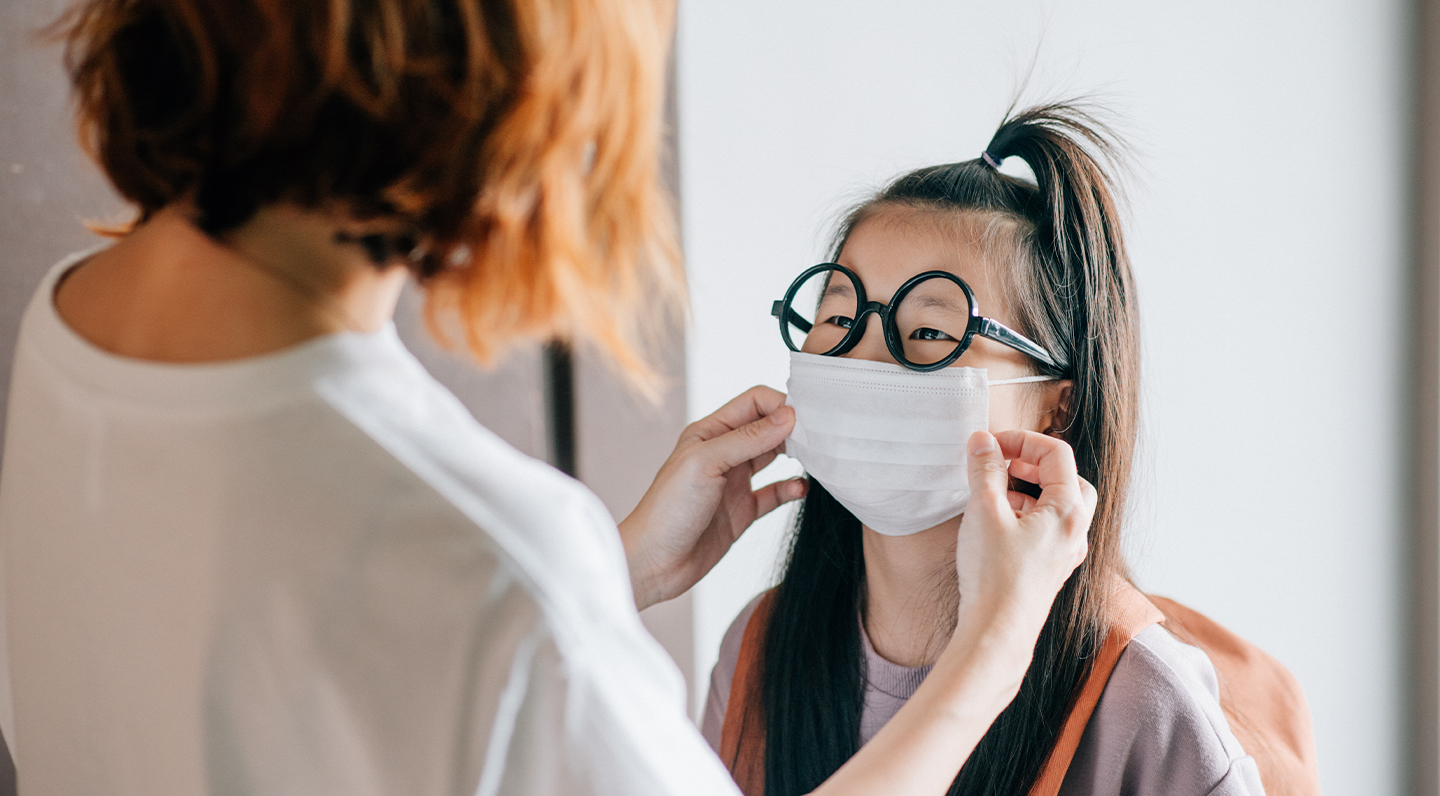

Do a Dress Rehearsal
Dudley says that doing a remote open house helped her son feel more comfortable when he returned to school part-time in the fall.
“Being able to see the tables set up [in the cafeteria] and how many kids would be at a table [made him feel better],” she says.
Dudley suggests having your child participate in a virtual or in-person open house if your district offers one. If the district does not, Muradian recommends calling the principal and asking if you can do a walk-through the week before school starts.
“Tell your child, ‘Let’s wake up in the morning and drive to school. Let’s emulate what it’s going to be like, and visit your classroom,’” Muradian says.
Manage Your Own Anxieties
It’s normal to be nervous about your child returning to school in the fall after a year of uncertainty. But Dr. Dudley says it’s important not to project those fears onto your child.
“Model what you want your children to see,” she says. “The parents with children who are anxious are often anxious themselves.”
That doesn’t mean you have to pretend you have all the answers, though.
“It’s okay to say, ‘I’m not sure about everything, but this is what I am sure about,’” Dudley says.
If you’re struggling with anxiety, Dudley suggests talking through your feelings with a therapist.




